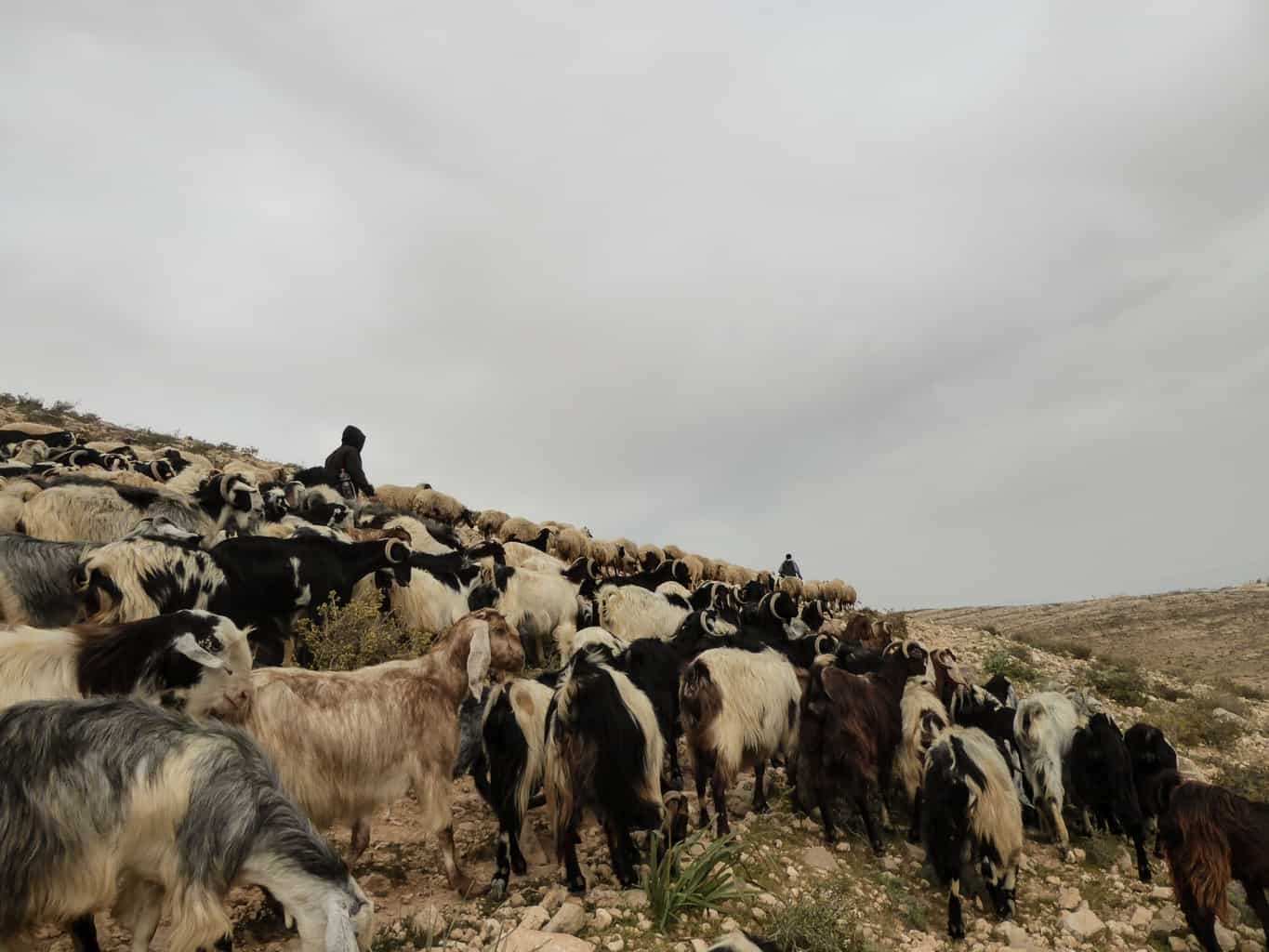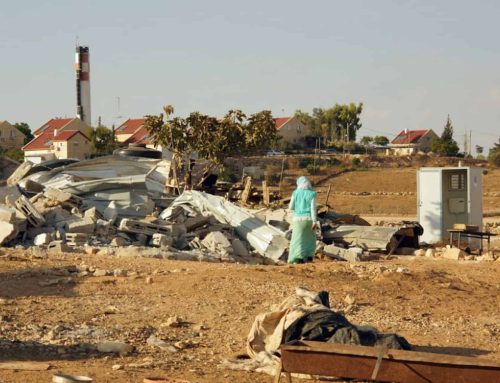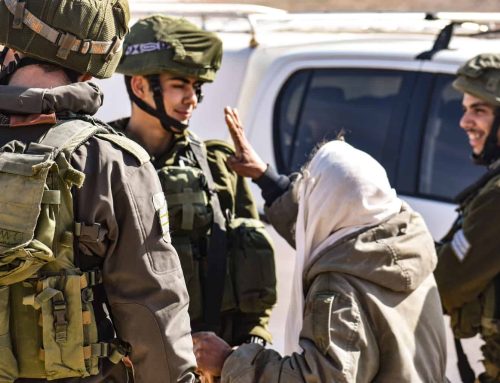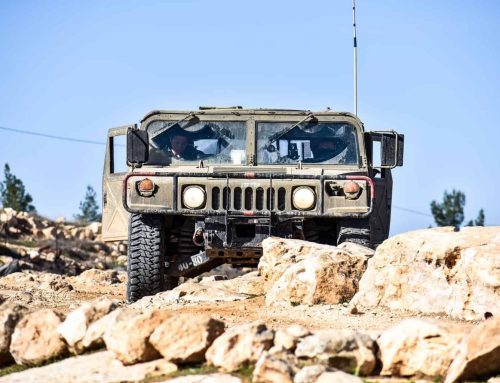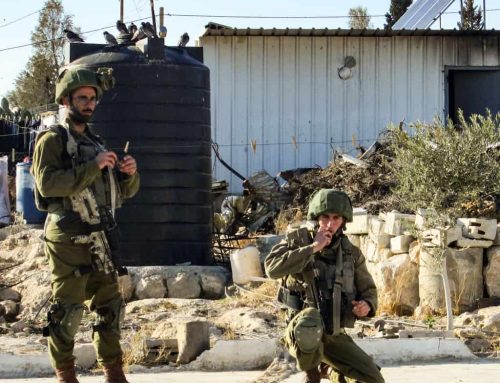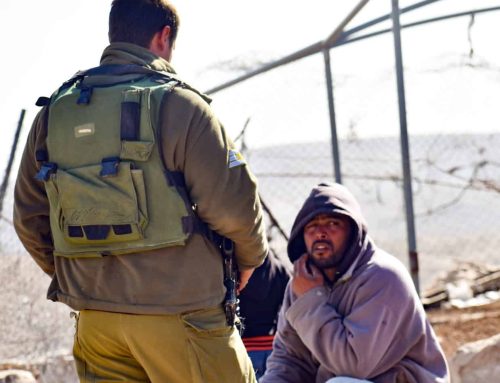Treated Like Animals
UM AL-KHAIR | 08.24.2016
After a long night of being with my friends, watching the football match, BBQing with my friends, and tell stories, we decided to sleep in the community center. It was a night we were enjoying the accomplishments of this new center and all the plans we had for it. I remember going to be satisfied with life in a way that I had not experienced in a long time. It was a feeling as if the dreams we were all working towards could one day be reached. It was and is a fleeting feeling.
My friend Eid burst into the community, telling me to hurry up and get up. He woke me up in such a way that I wanted to yell at him until I looked over his shoulder and realized he was accompanied by the Israeli military. The Israeli Civil Administration had told Eid to get everyone out of the community center because it was about to be destroyed.
The Israeli officer spoke to me, but I did not understand anything he was saying. I didn’t know what was going on, and because the Israeli didn’t speak Arabic, I couldn’t tell him what I needed to say. I couldn’t even express my anger to him or demand my basic human rights be respected. But for Israelis, hearing from Palestinians isn’t important, because if it was, they would send Arabic speaking people. Instead, they force the locals to deal with it. Eid was forced to deliver the message by the Israeli authorities, having him carry the weight of ordering his own people out of their homes and taking their belonging, instead of putting that shame on an Israeli soldier. This is how it works here oftentimes. I suppose to spare the guilt of the soldiers.
Knowing that fighting would make more problems, I got out of bed quickly and took out all the important things in the community center I could gather: the TV, the antenna, and the video equipment.
When I walked out of the door of the community center, I was shocked and overwhelmed with how many Israeli soldiers and military vehicles had overtaken our small village. I looked over the crest of the hillside and saw, even more, coming to blockade in our village, so that human rights organizations and the local and international media couldn’t reach us to document what was going on. I remember everything at that moment: the angry men and women, the running children, the scared people, the confused people. All the people felt many different ways. But they all shared the feeling of powerlessness because knew we could not stop it.
After I was pushed off to the side, I remember the Israeli bulldozer’s tracks churning and chewing through the play area and advancing into to the community center. I remember watching the walls crumble and the photos and the art on the wall being pulled apart. Even the writings that were on the wall were seen falling one by one. The demolition took about 15 minutes, destroying the community center and destroying the dreams of many of the children who considered the center a home for them. Then they moved to my mother’s home.
My mother and the other women began to cry and scream. Some of the young people took out some furniture and papers from the house, but they could not take out all of them before the Israelis demolished that home as well. The just move through our village demolishing one home after the next with their bulldozers, smashing one after another and crossing them off their list.
I was wondering where we were all going to sleep that night, 15 of us and seven little children. It’s strange to think how much pain and trauma you can be stuck in and then immediately have to switch to survival mode and find shelter. But more importantly, what is more, powerful than this, what allows us not to stay stuck in the fear, stuck in the pain, is the relationships between us. We find that this pain, even though it happens so much, is still being healed over time through the relationships we hold, through each act of resistance. It is this faith in our friends, family and our God that one-day justice will be realized, we will live in peace.



